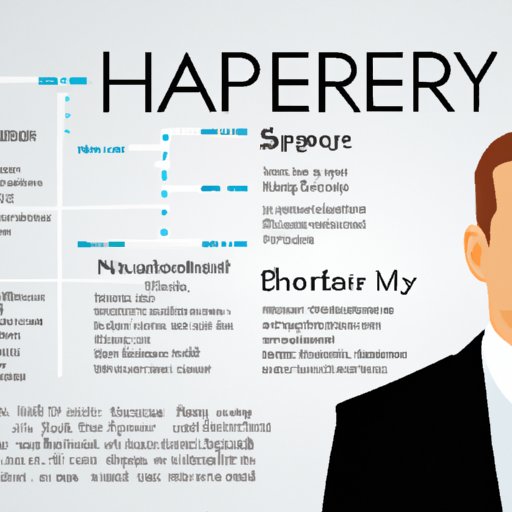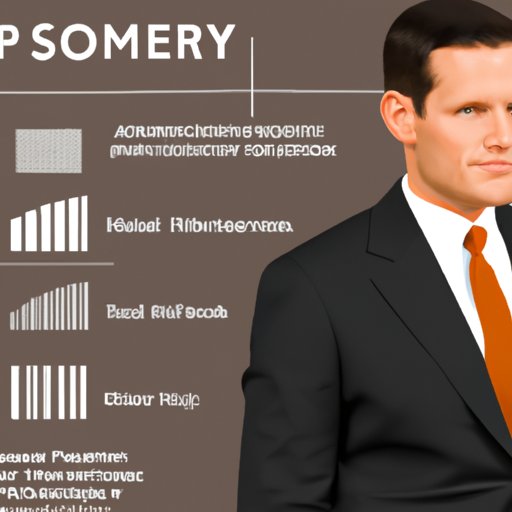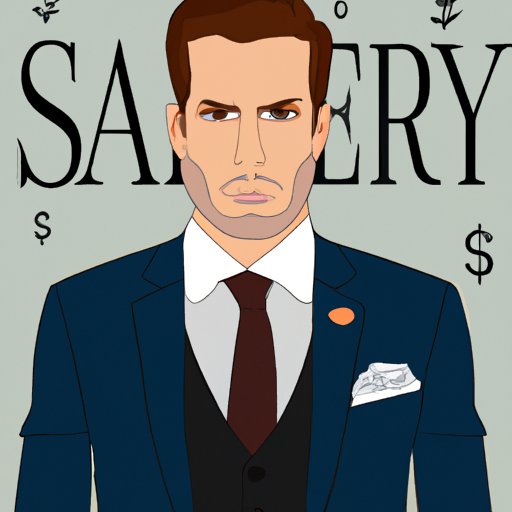Ever wondered just how much the enigmatic Harvey Specter, the closer, actually earns? The man who commands respect, solves the unsolvable, and owns every room he walks into likely commands a salary that mirrors his towering reputation a salary that likely surpasses most of our wildest expectations.
The world of corporate law, as depicted in the popular television series "Suits," is one of high stakes, high fashion, and, of course, high salaries. At the heart of this world is Harvey Specter, a character who has captivated audiences with his sharp wit, impeccable style, and ruthless efficiency. But beyond the tailored suits and the confident swagger, a crucial question remains: how much does it cost to have Harvey Specter on your side? The answer, as it turns out, is a multifaceted one, involving base salaries, billable hours, potential bonuses, and the significant earnings from his acting career.
The estimations of Harvey Specters annual income vary, which is to be expected given the complex nature of his earnings. Information extracted from various sources and the show's narrative itself can give us a clearer picture. Initial figures show that his base salary, particularly early in his career as a junior partner, might have been around $500,000 a year, as referenced in the context of the show's progression. However, as the series evolves and Harvey ascends the ranks, his earning potential drastically increases. Moving into the role of managing partner, as the story progresses, his income could potentially reach $2,500,000.
Adding an interesting layer to his financial profile, there is the often-mentioned detail that Harvey's hourly rate is $1,000. Considering his extensive work hours, estimated at around 50 hours per week, the potential earnings from billable hours alone become substantial. Using simple calculations, his annual earnings from this source could exceed $2.6 million. Furthermore, the inclusion of after-hours meetings, dinners, and social engagements all add to his billable time, further increasing his income.
Considering all the known facts, one thing is clear: Harvey Specters income is not solely reliant on a base salary. While the base is substantial, its just one piece of the puzzle. Bonuses, profit-sharing within the firm, and the revenue generated from his billable hours contribute significantly to his overall earnings. According to recent financial analyses, the average salary for a top lawyer like Specter in 2024 could easily surpass $1 million, with some estimations placing his annual income above $1,437,000. This calculation takes into account his professional standing and the substantial earnings that come with being a name partner at a top-tier law firm in a city like New York.
It's also worth noting that Harvey Specter's net worth likely reflects his high income and lifestyle. He has a taste for the finer things, including high-end cars and a luxurious apartment, which are indicators of considerable wealth. Although not explicitly stated in the provided material, it can be reasonably inferred that he's accumulated a substantial net worth during his career.
| Category | Details |
|---|---|
| Full Name | Harvey Reginald Specter, J.D. |
| Occupation | Former Corporate Attorney, Name Partner |
| Known For | His role in the TV series "Suits", his legal expertise, sharp wit, and impeccable style. |
| Hourly Rate (as per show) | $1,000 |
| Estimated Annual Income (as a managing partner) | Up to $2,500,000 |
| Estimated Annual Income (in 2024) | At least $1,437,000 |
| Appearance in "Suits" | 9 seasons (134 episodes) |
| Actor | Gabriel Macht |
| Estimated Net Worth | Approximately $25 million (speculative based on lifestyle) |
| Trademark | His impeccable Tom Ford suits and confident persona |
| Key Relationships | Donna Paulsen (close friendship and confidante) |
| Interesting Facts | Alternates between approximately 10 different Tom Ford suits, spending about $50,000 annually on them. |
| Reference | IMDB - Suits |
Turning our attention to the man who brought Harvey Specter to life, Gabriel Macht's portrayal of the character significantly enhanced his career. Macht's contribution went beyond just being a cast member; he also took on the role of a producing member for the series. His involvement spanned all nine seasons, during which he appeared in 134 episodes. The financial implications of this involvement are clear: he earned $175,000 per episode. This revenue stream, coupled with his earnings from production roles, significantly contributed to his overall financial success.
In "Suits," the dynamic between Harvey Specter and Donna Paulsen is more than a professional relationship; it is built on a deep friendship and mutual respect. Donna often acts as a confidante and a sounding board for Harvey, supporting him both professionally and personally. Her presence provides a vital balance to Harvey's driven personality, offering emotional support and keen insights. While the material doesn't specifically address whether Donna ever considered leaving Pearson Specter Litt, their bond is essential to the show's narrative, suggesting that such a departure would have significant consequences for both characters and the firm.
The series also touches on the financial lives of other characters. Jessica Pearson, a senior partner, is portrayed as having a substantial net worth, and Louis Litt, another key character, also accumulates considerable wealth over the course of the show. The comparison serves to illustrate the high-stakes financial landscape within which Harvey operates. Their financial success further underscores the wealth and status associated with working for top law firms in New York City. The contrast between the characters' financial positions paints a vivid picture of the world in which they operate, one where wealth and ambition go hand in hand.
As a final note, "Suits" provides a fascinating look into the world of high-powered legal professionals. Harvey Specter's character, with his meticulous attention to detail and drive for success, showcases the importance of both financial acumen and strong professional relationships. His journey illustrates the potential for wealth creation in a competitive field, while the relationships he builds highlight the support and loyalty needed to achieve sustained success.


